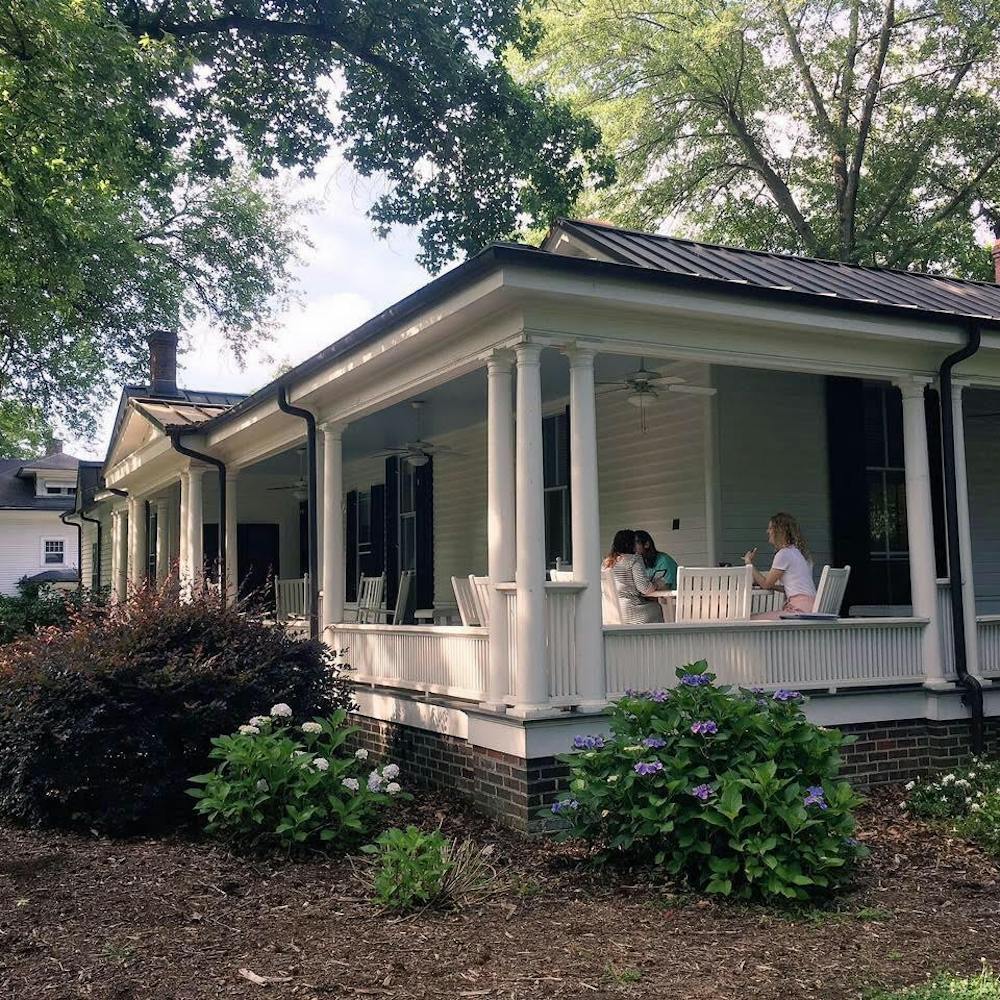The Center for the Study of the American South will be hosting UNC PhD candidate Caroline Newhall to speak about her dissertation research on Black prisoners of war who were captured by Confederates during the Civil War as a part of the “Tell About the South” series. The talk will take place on April 17 from 12:30 p.m. to 1:30 p.m. and is free and open to the public.
“Specifically, she’s thinking about Black soldiers fighting for the Union army who were taken prisoner by the Confederate army,” said Patrick Horn, the associate director of CSAS. “I believe she’s making a difference in her field because she’s kind of changing what had been the sort of prevailing wisdom about what happened during this period with regards to Black soldiers who were taken prisoner.”
Horn said many history books and other people said these prisoners were turned back into slaves and they weren’t really kept as prisoners, but Newhall has discovered evidence that contradicts that claim.
“It’s also important because her work is archival in nature, and a lot of historians do archival work or other types of scholars also work in archives," Horn said. "I think it’s exciting when we think about these dusty old archives that everybody has already known what’s in them, but in fact archives contain a lot of secrets.”
Newhall said she started her work by looking at military difference in the Civil War, but she kept finding an interesting absence of Black POWs from other historians. She noticed that Black POWs would be mentioned, but she kept running into walls when trying to find in-depth information.
“It’s a topic I never really even thought about ever being addressed,” said first-year student Jade Sterling, who is planning to attend the talk. “Just being able to see how African Americans were seen on both sides of the war is really interesting to me.”
Newhall said her dissertation and research focuses on the Confederacy as a whole and the treatment of Black POWs from the beginning of their military service to the end of the Civil War. She said she’s looked at 51 full regiments of the United States Colored Troops and she spent a lot of time trying to identify these POWs by using many different kinds of records.
“I’ve been going through military service records, pension files and just trying to identify as many men as I can,” Newhall said.
Newhall said the lives these people lived were unimaginable and something she can hardly comprehend.



